Volvo Cars Akan Menggunakan Keluli Tanpa Fosil Untuk Kereta Masa Depan
Volvo Cars berusaha mengembangkan keluli tanpa fosil dengan SSAB.
Industri keluli bertanggungjawab untuk 7% pelepasan karbon langsung di dunia. Untuk mengatasi masalah ini, Volvo Cars akan meneroka cara menggunakan keluli tanpa fosil untuk membina kereta dalam masa terdekat. Pembuat kereta Sweden bekerjasama dengan pembuat keluli SSAB untuk melakukan ini.
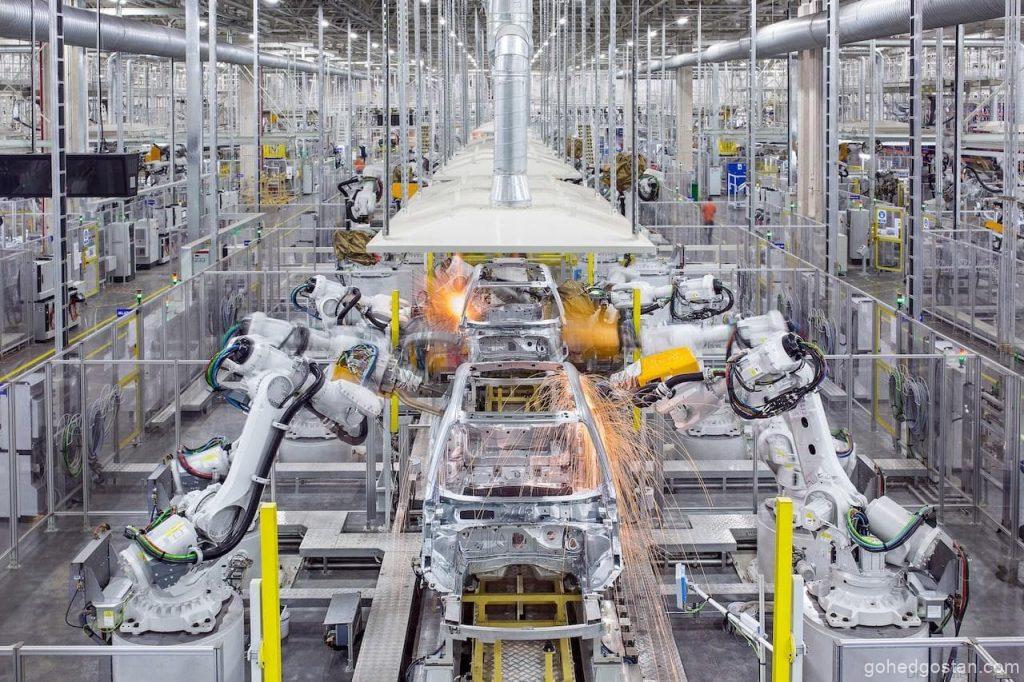
Untuk menghasilkan keluli, secara tradisional, arang batu digunakan dengan bijih besi. Jenis keluli baharu akan dibangunkan yang tidak hanya menghilangkan arang batu ini dari proses kokas tetapi juga akan menggunakan elektrik tanpa bahan bakar fosil dalam pengeluarannya. Ini akan menghasilkan keluli yang dihasilkan hampir tidak mempunyai jejak karbon.
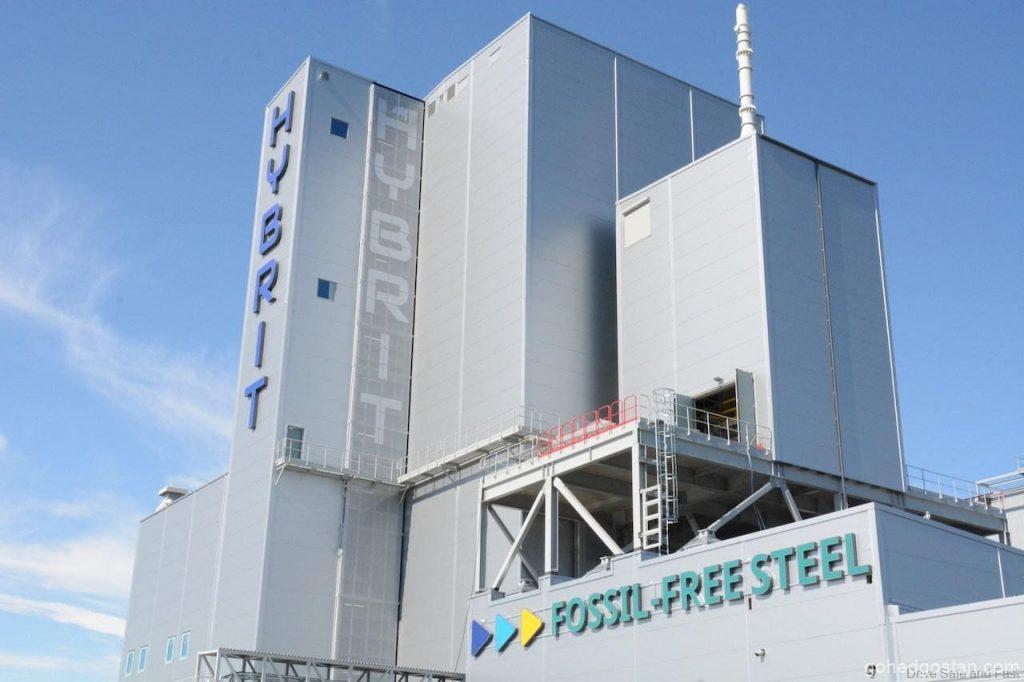
Ini akan membantu Volvo Cars mencapai matlamat persekitaran mereka dan melampaui pengurangan pelepasan saluran ekzos.
Ini siaran media Volvo Cars dengan Lebih maklumat.
MEDIA RELEASE
Volvo Cars is teaming up with Swedish steel maker SSAB to jointly explore the development of fossil-free, high quality steel for use in the automotive industry.
The collaboration makes Volvo Cars the first car maker to work with SSAB and its HYBRIT initiative, the steel industry’s most ambitious and advanced projects in fossil-free steel development.
HYBRIT was started by SSAB, iron ore producer LKAB and energy firm Vattenfall. It aims to replace coking coal, traditionally needed for iron ore-based steelmaking, with fossil-free electricity and hydrogen. The result is expected to be the world’s first fossil-free steelmaking technology, with virtually no carbon footprint.
As part of the collaboration, Volvo Cars will be the first car maker to secure SSAB steel made from hydrogen-reduced iron from HYBRIT’s pilot plant in Luleå, Sweden. This steel will be used for testing purposes and may be used in a concept car.
In 2026, SSAB aims to supply the market with fossil-free steel at a commercial scale. Volvo Cars aims to also be the first car maker to use fossil-free steel for its own production cars.
The global steel industry accounts for around 7 per cent of global direct carbon emissions, due to the fact that the industry is currently dominated by an iron ore-based steel making technology, using blast furnaces depending on coking coal.
For Volvo Cars, the CO2 emissions related to steel and iron production for its cars amount to around 35 per cent in a traditionally powered car and 20 per cent in a fully electric car of the total CO2 emissions from the material and production of the components going into the car.
The collaboration with SSAB is the latest initiative that supports Volvo Cars overall climate action plan, one of the most ambitious in the car industry. The centrepiece of the plan is Volvo Cars’ ambition to be a fully electric car brand by 2030, with only pure electric cars in its line-up.
Yet the plan goes beyond addressing tailpipe emissions through all-out electrification and also seeks to tackle carbon emissions in the company’s wider operations, its supply chain and through recycling and reuse of materials.
In the short term, these and other steps aim to reduce the life cycle carbon footprint per car by 40 per cent between 2018 and 2025. By 2040, Volvo Cars’ ambition is to be a climate neutral company.

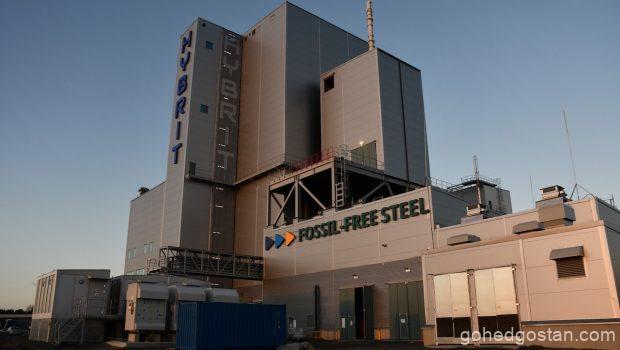

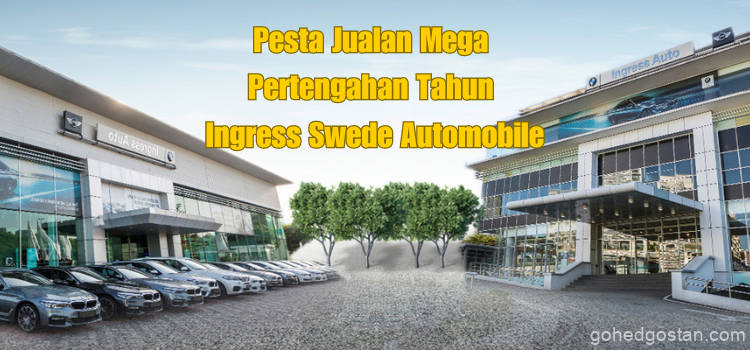
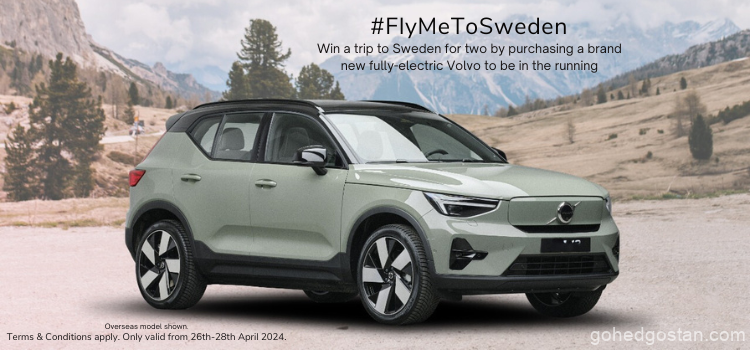
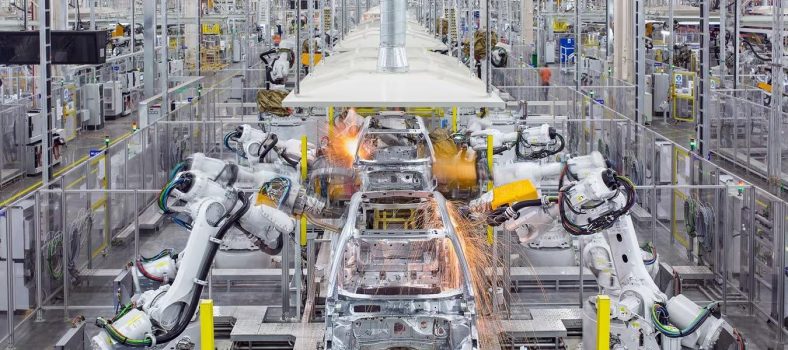
No Comment